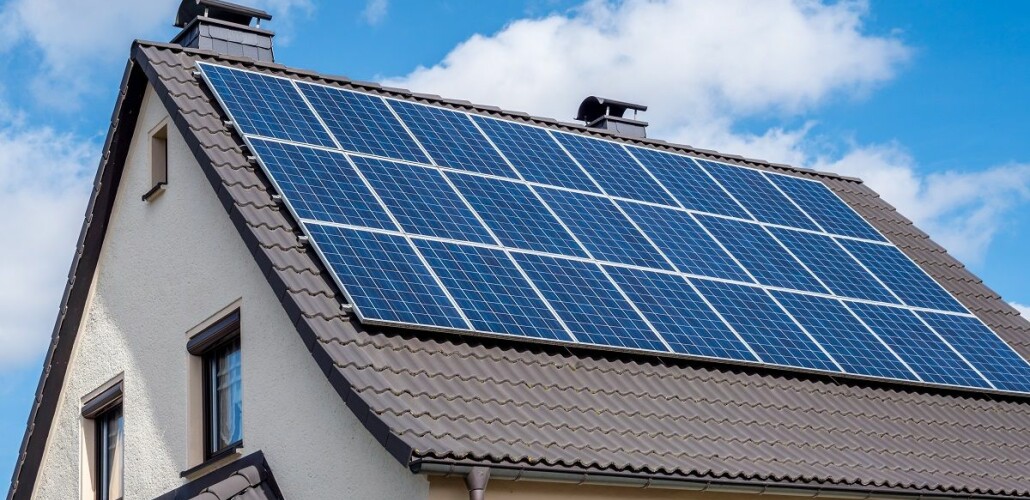
Have you considered Solar Panels?
Reliable renewable energy
How do solar panels work?
Solar panels are made of photovoltaic cells. Photovoltaic cells are compromised of different layers of semiconductive material: a positive side and a negative side.
Photons knock electrons off a neutral silicon layer when sunlight hits the panels. These electrons cross into the positive side of the panel. Because of the design of the panels, these electrons can only travel across one specific section of the photovoltaic cell.
When electrons flow across this layer they generate an electrical current providing you with electricity.
Typically a solar panel is constructed using many of these photovoltaic cells, each system containing around 15 panels.
Are solar panels right for my home?
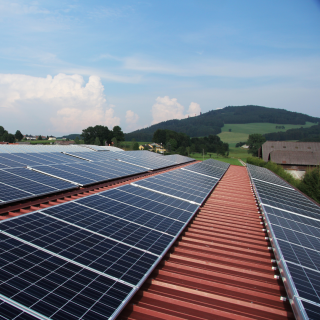
Not only do solar panels provide electricity that can be used within your home, but excess electricity is also sold and redistributed in the grid.
They are a significant investment and can save you hundreds of pounds each year, however, there are some requirements that need to be met for installation.
The average solar panel system needed to supply a home effectively is around 25m2. Additionally, the direction of the roof is fairly important. Southern roofs are the most effective, with eastern and western roofs receiving 20% less sunlight. Finally, Northern roofs cannot be used as they receive little sunlight and would not be a worthwhile investment.
If you are considering installing solar panels you can use this calculator to check how effective your placement may be. This also takes into account the pitch of the roof as well as the direction your roof faces.
How much do solar panels cost?
The average system you would need to successfully supply your home would cost around £6500. This cost can increase depending on how many panels you need to be installed and may increase if your system is installed on an Eastern or Western shaded roof.
Some of this cost can be made up by scaffolding, so if you are already undertaking roof repairs or if a neighbour is having work completed costs could be saved by getting solar panels installed then.
If you are looking for a quote on a solar panel installation for your home or business, get in touch with our experts today.
Start Your Solar Journey Today!
Click Here
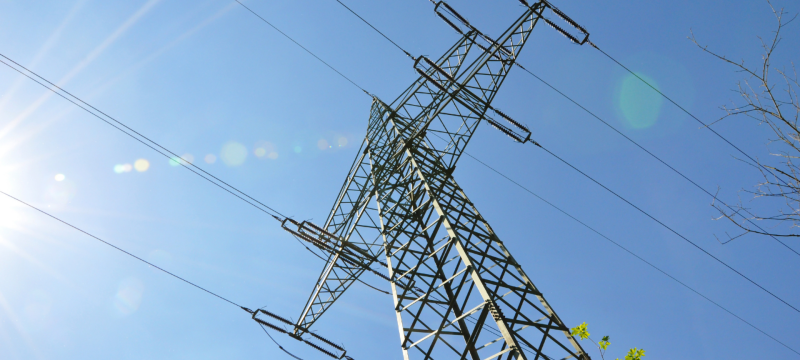
Export Payments
On very sunny days solar panels can generate more electricity than you use. Perhaps even more than you can store.
In cases like this, the electricity you generated is exported out into the grid. You'll want to be paid for this exportation. However, the way that people get paid for electricity has changed.
The Smart Export Guarantee (SEG) is the current scheme used by the UK government that you can be part of and be paid for your exported electricity.
For more information about SEG Tariffs and if you are eligible, please check out the official government website.
Getting the most out of solar panels
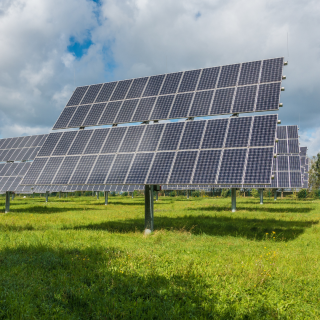
The key to getting the most out of your solar panels is to use them when the electricity is available. Due to their nature, this is going to be when the sun is facing your panel.
For most people, this is going to be during the day. At this time you'll want to run your systems such as your washing machine, dryer or even your computer.
If you are not at home during the day then you could put some of these essential devices on a timer.
Pairing with other renewable technology
By pairing renewable technology together you can get even more out of each system. For example, using an air source heat pump and solar panels together can save you money on your heating and electricity bill as each system works together.
For more information about Air source click here.
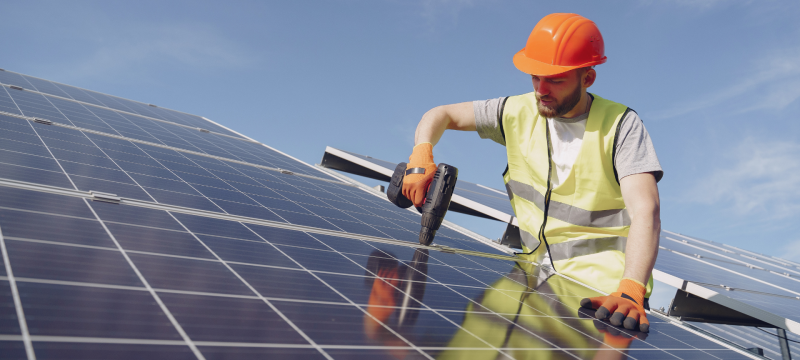
Maintainance
Designed to last for many years solar panels need very little maintenance. However, this does largely depend on where they have been installed.
Roof-mounted panels are often tilted at 15 degrees, meaning that they are regularly cleaned by rainfall. Ground-mounted panels don't receive the same treatment and may need regular cleaning and upkeep.
Depending on our circumstances your installer will provide you with advice about the kind of maintenance your system requires. Typically the only work that will need to take place will be a replacement of the electrical inverter once every seven years. This is the system responsible for converting DC current into AC current for use in your home.
Most modern systems have an automatic relay which will check this inverter and notify you if it goes to a fault, otherwise, it may be worth getting it checked once a year.
The panels themselves should last around 25 years. This should be matched with the 25-year limited power warranty which guarantees that your panels will be at least 80% efficient even after 25 years. It also likely indicates how well your system is going to run across this period, giving you an indication of where power drops may occur in the system.
